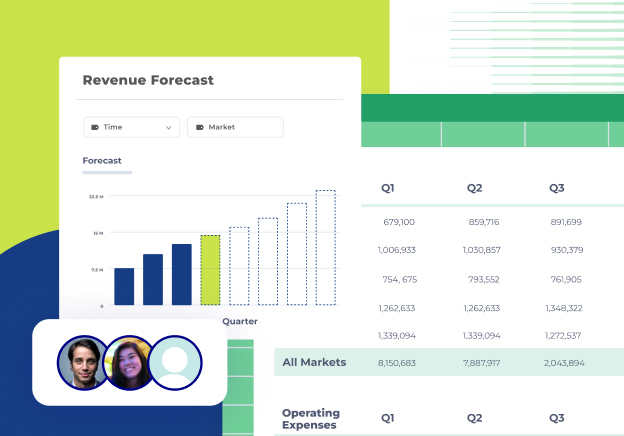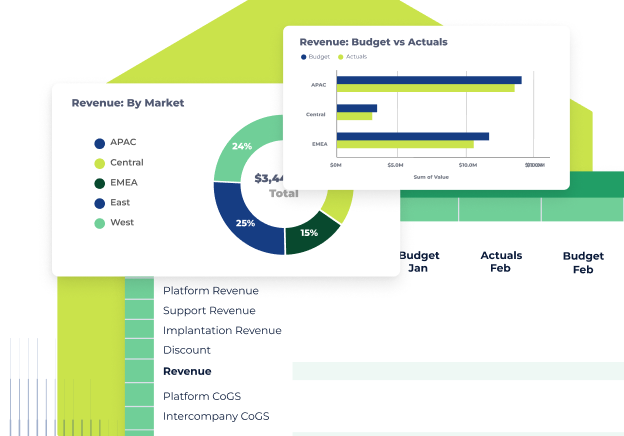Cube
☰








.png)
Product
Solutions
Resources
Company

About Cube
Explore our vision and team

Careers
Help shape the future of FP&A

In the News
Cube featured in top publications

Security
Enterprise-grade, cloud security
Newsletter
.png)
A newsletter for finance pros—by finance pros. Get practical, strategic finance insights from those who’ve been there—straight to your inbox.

.png)






%20(600%20%C3%97%20260%20px)%20(800%20x%20330%20px)%20(3).png?upscale=true&upscale=true&width=560&name=(taken%20over%20by%20Chris%20Ortega)%20(600%20%C3%97%20260%20px)%20(800%20x%20330%20px)%20(3).png)
.png?upscale=true&upscale=true&width=95&name=Untitled%20design%20(13).png)
.png?upscale=true&upscale=true&width=95&name=Untitled%20design%20(14).png)

-1.png?upscale=true&upscale=true&width=245&name=Untitled%20design%20(7)-1.png)
.png?upscale=true&upscale=true&width=245&name=Meta%20image%201200x675@1x%20(1).png)
